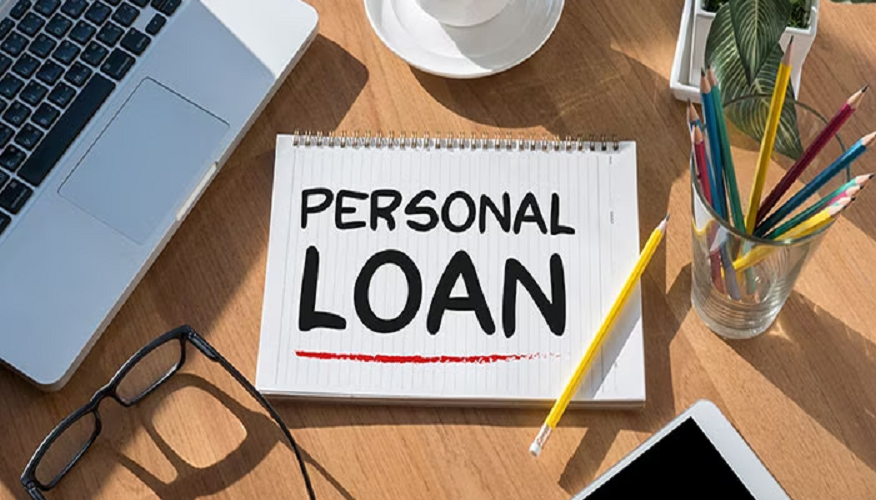General News Blog
My WordPress Blog
My WordPress Blog

Imagine you need some extra cash to pay for an unexpected expense, fund a dream vacation, or consolidate your credit card debt. You have two options: take out a personal loan or use a credit card. Which one should you choose?
Personal loans and credit cards are different types of credit that can help you finance your goals. However, they also have important differences that can affect your financial situation. In this blog post, we will compare personal loans and credit cards in terms of their interest rates, repayment terms, features, and pros and cons. By the end of this post, you will have a better idea of which option is the right choice for you.
Personal loans are installment loans that provide a lump sum of money that you repay over a fixed period of time, usually with fixed interest rates and payments. Personal loans can be secured or unsecured, meaning they may or may not require collateral. Personal loans can be used for any purpose, such as buying new appliances, consolidating credit card debt, repairing or upgrading a home, or funding a vacation.
One of the main advantages of personal loans is that they usually offer lower interest rates than credit cards, especially if you have a good to high credit score. This can save you money on interest and help you pay off your debt faster. Another advantage is that personal loans have predictable fixed payments that make it easier to budget and plan ahead. You also know exactly when you will be out of debt, as personal loans have a set end date.
However, personal loans also have some disadvantages. One of them is that personal loans typically charge an origination fee, which is a percentage of the loan amount that is deducted from the funds before they are disbursed to you. This fee can range from 1% to 8% depending on the lender and your creditworthiness. Other fees may apply as well, such as late payment fees or prepayment penalties. Another disadvantage is that personal loans limit your access to funds. Once you receive your money in a lump sum, you cannot borrow more unless you apply for another loan. Additionally, taking out a personal loan can impact your credit score, as it will increase your debt-to-income ratio and lower your credit utilization ratio.
Credit cards are revolving credit that gives you access to funds as needed, up to a certain limit. You can use your credit card for any purchase or expense, as long as you do not exceed your available credit. Credit cards can be secured or unsecured, meaning they may or may not require a deposit or collateral. Credit cards can also have helpful features like rewards, introductory interest rates, and cashback.
One of the main advantages of credit cards is that they offer flexibility and convenience. You can use your credit card whenever and wherever you want, as long as you have enough credit available. You can also choose how much to pay each month, as long as you meet the minimum payment requirement. If you pay your balance in full each month, you will not owe any interest on your purchases. Another advantage is that credit cards can offer rewards and benefits, such as cashback, points, miles, discounts, or insurance. Some credit cards also offer introductory interest rates or balance transfer offers that can help you save money on interest or pay off existing debt.
However, credit cards also have some disadvantages. One of them is that credit cards usually charge higher interest rates than personal loans, especially if you have a low to average credit score. This can make it more expensive and difficult to pay off your debt over time. Another disadvantage is that credit cards have minimum payments that may not reduce your principal balance significantly. This can keep you in debt longer if you only pay the minimum amount each month. Additionally, using your credit card too much can impact your credit score, as it will increase your credit utilization ratio and lower your available credit.
This blog has examined the advantages and disadvantages of personal loans and credit cards, two prevalent forms of borrowing money for various purposes. The analysis has shown that personal loans have lower interest rates and fixed payments but higher upfront costs and less flexibility. Conversely, credit cards have rewards and introductory offers but higher interest rates and minimum payments that can prolong the debt.
The optimal choice depends on several factors, such as the amount of money required, the duration of the loan, the credit score of the borrower, and the spending and payment habits of the borrower.